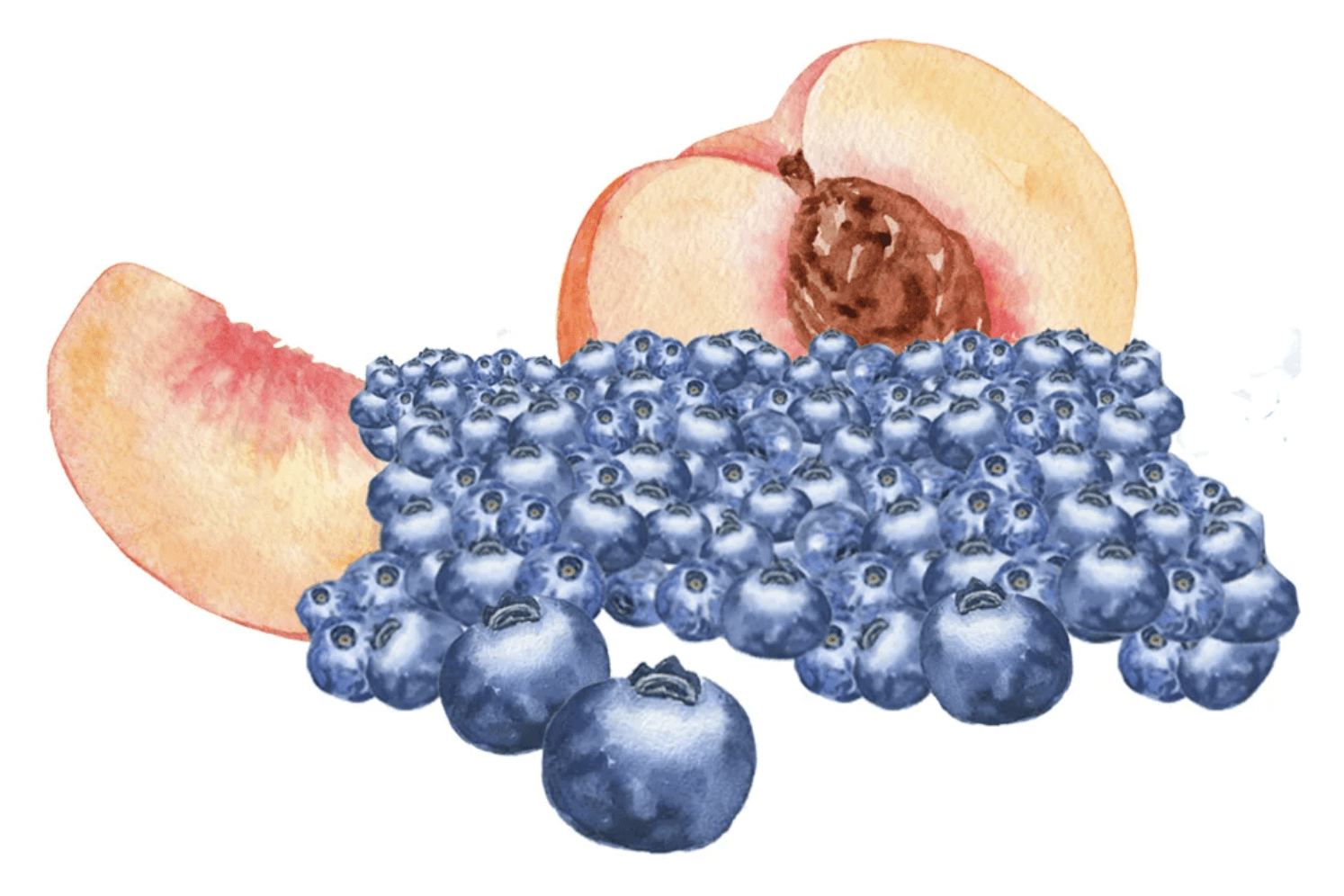The World Food Programme (WFP) plans to invest $1.75 billion a year over the next decade in school feeding programs, and the Feed the Future Peanut Innovation Lab at the University of Georgia College of Agricultural and Environmental Sciences is working to see how peanuts might provide the protein, minerals and micronutrients those kids need to thrive.
“We zeroed in on the potential for school feeding several years ago as a way to reach hungry kids, so we’d already put a lot of thought into how to go about it,” said Jeff Johnson, a retired executive with Birdsong Peanuts who serves on the External Advisory Committee for the Feed the Future Innovation Lab for Peanut.
In a plan called Decade of Action, WFP plans to ensure that school-aged children around the world receive adequate nutrition through school meals and snacks by 2030. Making children healthier is an important goal, but the WFP also makes the point that healthy children do better in school, maximizing the impact of billions of dollars spent on primary school education.
Because peanut is nutritious, relatively inexpensive and shelf stable, the nut already is the main component in Ready-to-Use Therapeutic Food to help children recover from severe malnutrition and in supplementary foods to prevent malnutrition. Numerous studies show cognitive benefits to people who consume nuts; research currently under way through the Peanut Innovation Lab could directly show that eating peanuts can help children succeed in school.
“We’ve been working on feeding in Africa for 15 years strictly from a humanitarian standpoint, but if the World Food Programme is going to spend $50 billion and completely change the food-aid trends in Africa, they are going to have to have a lot of product,” Johnson said. “We think peanut products are the only thing that can be done as conveniently and inexpensively and in the volume that will be required.”
Birdsong Peanuts and the National Peanut Board each are investing through the Peanut Innovation Lab in a research project in Ghana to evaluate the effectiveness of a school snack developed by Washington University’s Mark Manary.
Many students in Ghana, like children in other low- and middle-income countries, receive sporadic school meals, but they are starchy and may not contain the best ingredients to help a hungry child grow and concentrate in class.
Manary, one of the key inventors the peanut-based therapeutic food that’s become the standard for emergency feeding, is producing and testing a peanut-based snack with students in northern Ghana to gauge the effects on physical growth and cognitive learning.
He is working with Matilda Steiner-Asiedu, a nutrition professor and dean of the School of Biological Science in the College of Basic and Applied Sciences at the University of Ghana.
The four-year project is funded with $500,000 from the Peanut Innovation Lab, $100,000 from Birdsong Peanuts and $100,000 from the National (U.S.) Peanut Board, a research, marketing and promotion organization supported by the 7,000 American peanut farmers.
In the randomized clinical trial, 750 kids ages 6 to 9 will eat one of three school snacks: a peanut-based food, the same peanut-based food with milk included, or a snack made with a local tuber or cereal. At the end of the school year, the students will be measured for height and change in cognitive testing. All the snack formulas will include the same supplemented micronutrients.
“The results will help determine whether the power of the peanut, which has been such a game changer in other food aid products, can be channeled to school age children as well,” Manary said.
Feeding one meal a day and providing basic health interventions to 73 million primary school children in the world’s poorest countries would cost around $5.8 billion a year, the WFP estimates, but the return on the investment is 20 times the cost.
While WFP just announced the 2030 School Feeding Strategy, the Peanut Innovation Lab many months ago began to explore the possibility of partnering with Birdsong and the National Peanut Board to research a school snack, knowing that the project could benefit both African students and U.S. farmers.
“The (National) Peanut Board has always been humanitarian-minded and forward-thinking. This seemed like a natural fit. We’ve been talking about this for quite some time,” Johnson said.
“We appreciate the opportunity to partner with the Peanut Innovation Lab and Birdsong Peanuts to possibly give millions of children a brighter future,” said Bob Parker, president and CEO of the National Peanut Board. “Our farmers take great pride in producing a nutritious and wholesome food product. Peanuts are an ideal food for such a program because of the shelf stability, cost and familiarity with African children.”
While African farmers with help from national programs and the Peanut Innovation Lab are making strides to increase yield and improve quality, they currently produce only a fraction of the demand that would be created by a sweeping plan to feed school children across Africa.
“If the World Food Programme and partners are going to spend $50 billion, that’s a game-changer. This has huge implications. It’s going to take a while to get there, but there will be opportunities for U.S. growers and manufacturers,” Johnson said.
He predicts that peanut-based products for African students might be made in a combination of ways – in Africa with nuts grown in Africa, in Africa with nuts grown in the U.S. and in the U.S. with nuts grown in the U.S. Feeding the 73 million children in need of better nutrition would require all three.








